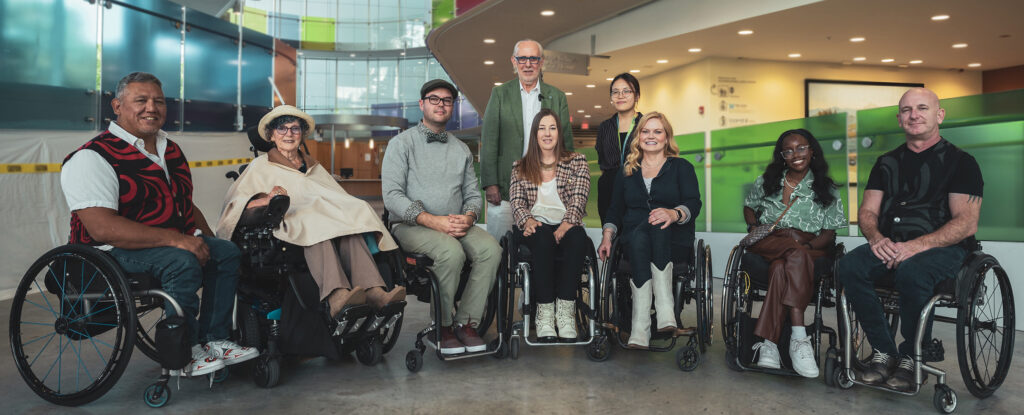
Including a variety of voices and viewpoints in research improves the quality and impact of the questions being asked. Diversity encourages innovative problem solving. Traditionally; however, many groups have faced barriers to participation in scientific work, some physical, stereotypical, and/or structural. People from ethnic minorities as well as the disability community need to be included as essential collaborators in the scientific workforce.
This is partly due to a phenomenon, often called a “leaky pipeline,” where people from these groups drop out of the field at each career transition point—when moving from undergraduate to graduate, to postdoctoral, with very few staying in the field all the way to faculty positions. Despite their interest in science, and their abilities, when trainees from these underrepresented groups lack encouragement, support, and the opportunity to see themselves in their mentors, they give up their career dreams more often than those who seem to fit the image of what a scientist “looks like.”
Being committed to the value of promoting inclusion and, by doing so, increasing consideration of diverse perspectives, the Neilsen Foundation is working to address some of these barriers and develop ways to overcome them. Our Research Inclusion Supplements provide additional funds to grantee partners who bring students from underrepresented groups into their labs and introduce them to SCI-focused research projects. Through our Postdoctoral Fellowships, which provide training and mentorship to early career scientists, we support trainees with a diversity of viewpoints in making the most of this critical period in their career. By providing this funding to develop the next generation of SCI researchers and encourage a more representative workforce, we hope to plug some of the “leaks” in the career pipeline.
Research Inclusion Supplements are meant to encourage grantee partners to engage with undergraduate and graduate students from underrepresented populations to expose them to SCI research early in their education, which can have a profound impact on their career trajectory. These supplements are available to SCI researchers who are currently funded by the Neilsen Foundation with at least one year remaining on their grant. For the past two years, a wide variety of individuals from underrepresented groups have been recruited into laboratories and encouraged to get involved in SCI research.
All along the path to becoming a SCI researcher, training and mentoring are central components to an individual’s success. The trainees seeking a Postdoctoral Fellowship grant must present a formal training plan that their mentors help them create. Having these plans in mind from the beginning helps the mentee-mentor team to identify goals, set milestones, and manage expectations throughout the fellowship period. Over nearly two decades of funding Postdoctoral Fellowships, we have seen our former fellows excel in SCI research as creative scientists and leaders in the field.
There is nothing that can patch all of the leaks in science’s leaky pipeline, but we are working to provide young scientists the opportunity to experience and succeed in SCI research. By supporting trainees as they travel through their career path, we hope to increase the outflow of impactful research from that pipeline by stemming the loss of diverse talent along the way.